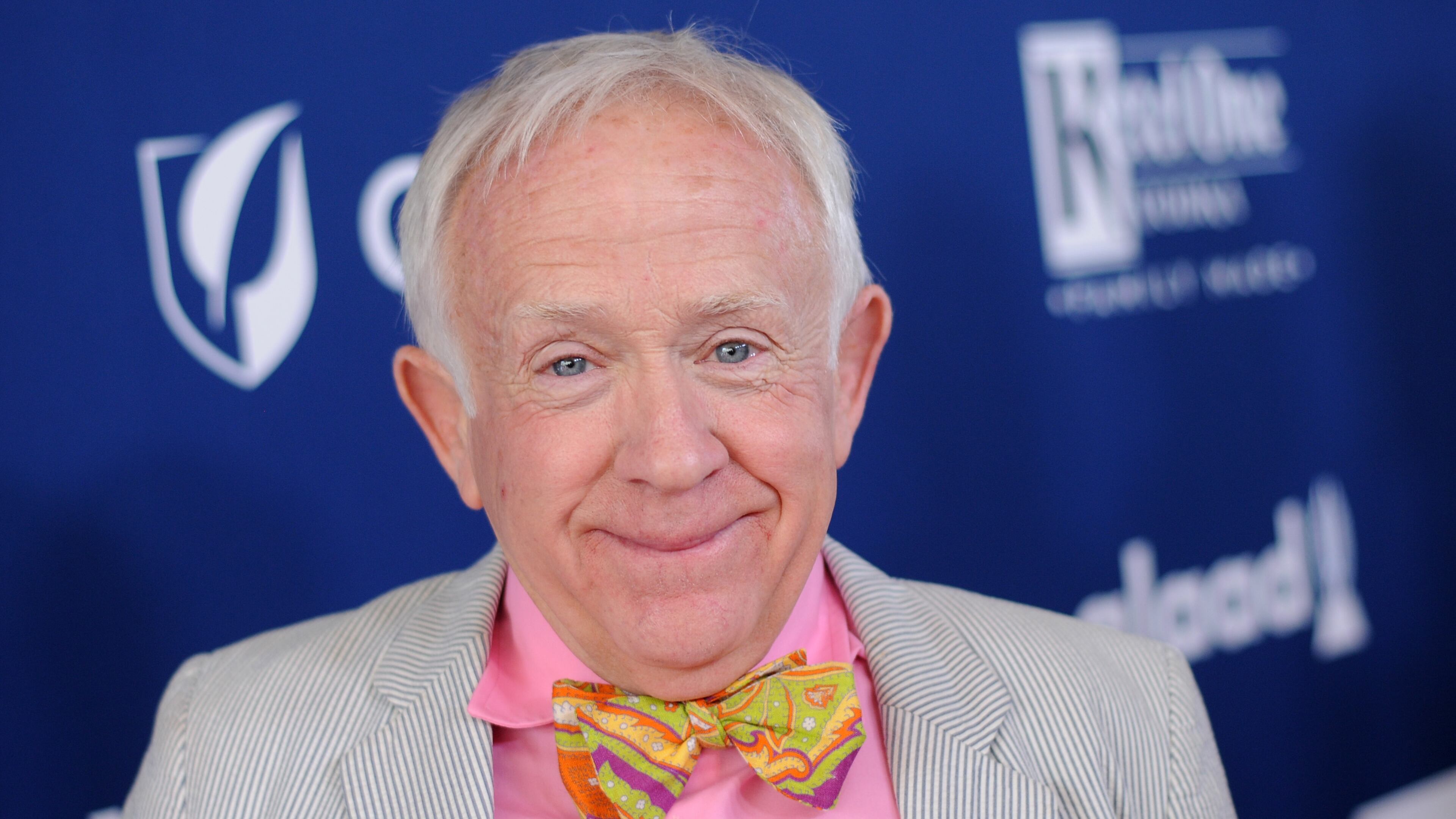Former Atlantan Leslie Jordan (‘Will & Grace’) has died at age 67

“Will & Grace” actor Leslie Jordan, who resided in Atlanta during two key years of his life in the 1970s, has died at age 67.
According to Variety, Jordan was driving in Hollywood Monday morning and crashed into the side of a building. The police suspected he suffered a unspecified medical emergency.
Jordan, a diminutive Chattanooga, Tennessee, native, acted in dozens of films and TV shows over the decades, most notably in his Emmy-winning role “Will & Grace” as Karen’s sexually ambiguous, socialite frenemy Beverly Leslie. He also made regular appearances on “Hearts Afire,” “American Horror Story,” “Boston Legal” and the current Fox sitcom “Call Me Kat” starring Mayim Bialik.
During the pandemic, Jordan’s whimsical videos drew a mass audience on Instagram, where he now has 5.8 million followers.
“The world is definitely a much darker place today without the love and light of Leslie Jordan,” said David Shaul, Jordan’s agent, in a statement. “Not only was he a mega talent and joy to work with, but he provided an emotional sanctuary to the nation at one of its most difficult times.”
As a young man, Jordan lived at since-razed Pershing Point Hotel in the mid-1970s. Decades later, he paid homage to his former home by writing and producing the 2000 independent film “Lost in the Pershing Point Hotel.” The $165,000 film is an autobiographical account of the actor’s two-year stint in Atlanta as he came to terms with his sexuality.
Growing up as a young gay man from rural Tennessee, Jordan purposely sought sanctuary in Midtown Atlanta.
“Atlanta was this gay mecca for those of us who came from small Southern towns,” Jordan told The Atlanta Journal-Constitution’s Richard Eldredge in 2006.
According to a Bitter Southerner story by Martin Padgett in 2020, Jordan spent a lot of time at the famous Sweet Gum Head drag club. He had his own drag queen persona for a brief time Miss Baby Wipes but never tried it on stage there because he never felt he was good enough. Nonetheless, he felt safe at the club.
“You could go ‘til the sun came up, easily,” he told Padgett. “We were just gay, just free. There were no inhibitions anymore.”

By the time Jordan became one of the $163-a-month tenants at the property perched where Peachtree and West Peachtree streets met on the edge of Midtown, the once-stately hotel was a shadow of its former self. By the early 1970s, the neighborhood had shifted from being among the city’s poshest addresses to a haven for Atlanta’s burgeoning counterculture.
Jordan recalled the many drugs he consumed at the time. “It really was a daily part of our lives,” Jordan said. “That’s why I called the film ‘Lost in the Pershing Point Hotel,’ partly because I could literally never seem to find my room.”
During the day, Jordan sold clothes at Comes the Sun, a Buckhead shop that influenced local fashion trends. “It was the center of the universe,” Jordan says. In his spare time, Jordan also earned a degree in fashion merchandising at the Art Institute of Atlanta.
“It was the last vestiges of glitter rock,” Jordan said. “I looked like a little rock ‘n’ roll troll doll!”
He moved to Los Angeles and began collecting acting credits in the mid-1980s starting with “The Fall Guy” and making appearances on shows like “Night Court,” “Newhart” and “Murphy Brown.” He spent a brief time in jail in the mid-1990s and became sober after that.
In 2005 and 2006, Jordan performed a one-man show at 14th Street Playhouse called “Like a Dog on Linoleum” for multiple months each year. While in town, he would often grab breakfast at the Midtown Flying Biscuit. He also made numerous appearances around local shops and salons to promote his play: “Telephone, telegram, tell a queen. What better way to spread the word about my play?”
Later, he told the AJC: “It’s been so rewarding to do the show here. When I did the show in L.A., I could always tell when there were Southerners in the audience because they got the jokes that no one else did. It’s been great having 200 Southerners in the audience at a time.”


